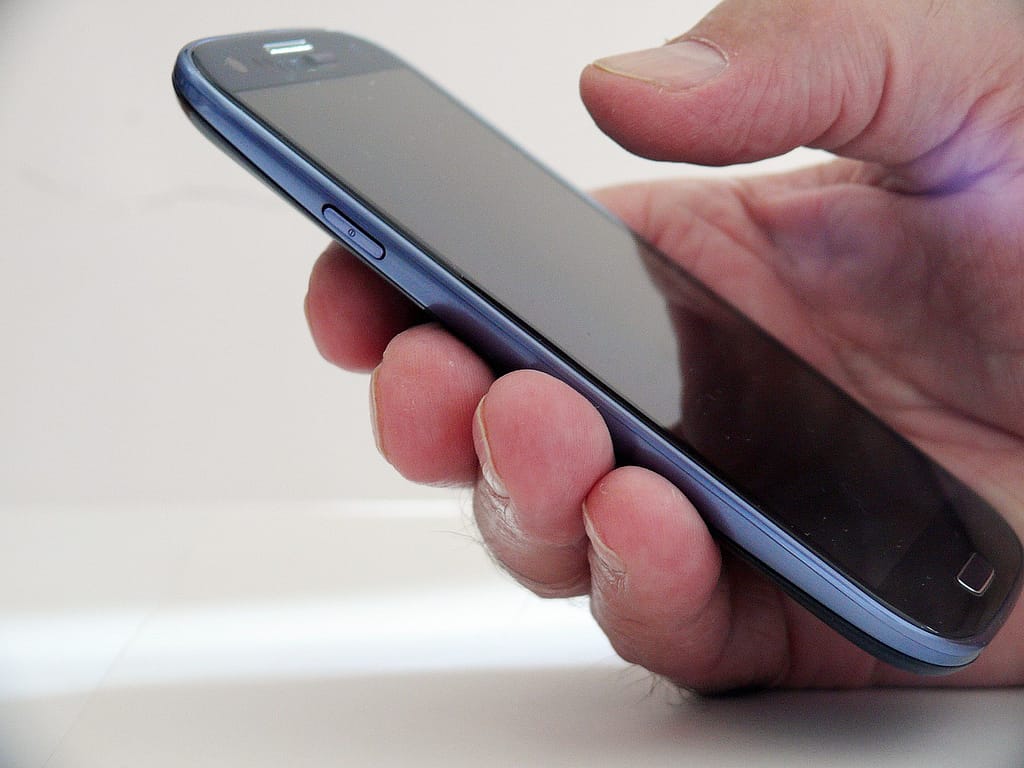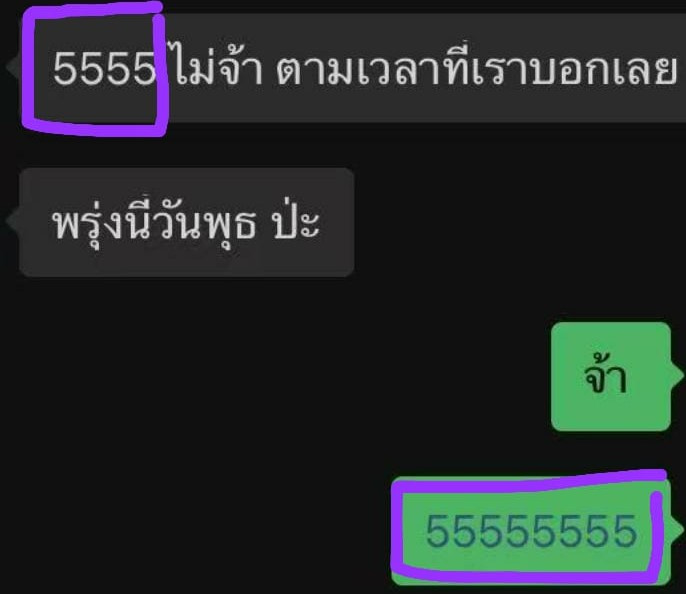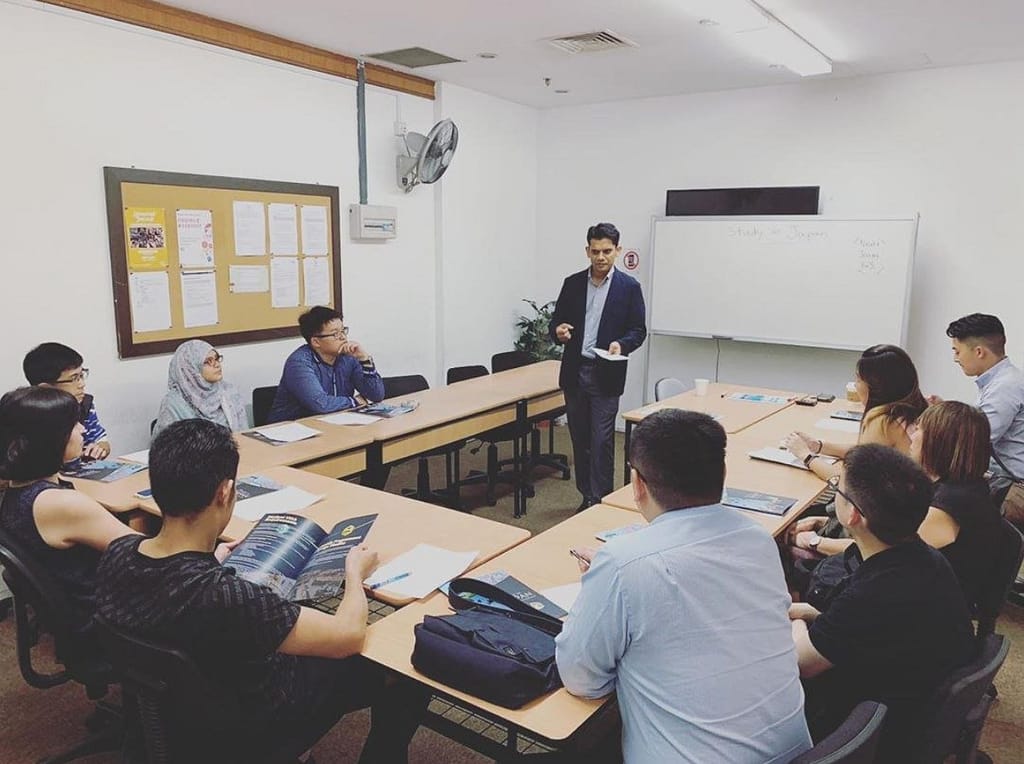When should you use chan / ฉัน or dichan / ดิฉัน to refer to yourself? Why do guys use chan / ฉัน instead of phom / ผม sometimes? Get your answers now!
By default, “I” in Thai language for males is “phom” (ผม) and “I” for females is “chan” (ฉัน). So to your first question – yes. “I” for males and females is different in Thai language.
For English and Chinese speakers, this might prove to be really confusing. But this is the case for other languages besides Thai. For example, in Japanese, guys can refer to themselves using “boku / 僕” but you won’t hear a female calling herself “boku / 僕”. It’s just plain weird 😬 While males can refer to themselves as “chan”, females never use the word “phom” to say “I”. This is just the way the Thai language is.
Note that Thai people do not always use “I” when referring to themselves 😲 For example, a mother can call herself “mee / แม่” when speaking to her child. A stallholder might call himself/herself “phii / พี่” when speaking to you if they are older than you. How you refer to yourself in Thai language is really context-driven and you will only know when to use what pronoun if you converse frequently with a Thai.
9 ways to say “I” in Thai Language
This depends on who you are (male/female) and who you are speaking to (formal/informal).
That said, do not get confused by Thai pronouns! I have curated a handy list of Thai pronouns which you can refer to below 😇
Interested to learn the Thai Language? Here’s what you can explore!

Practice your Thai speaking skills and learn how to use Thai language to express everyday small talk.

A serious Thai learner aiming to master Thai reading and writing? Start off by learning to text in Thai!

Go for regular Thai classes. Use your SkillsFuture credits to offset your Thai Language course fees!
How to Say “I” in Thai Language 😎
| Thai Word | Who and When to use |
|---|---|
Chan ฉัน | Who: Females When: In semi formal context Who: Males When: In informal context – usually when males are singing love songs Tone: Rising |
Di-chan ดิฉัน | Who: Females When: In very formal context e.g. during interviews Tone: Rising |
Phom ผม | Who: Males When: Suitable for most context. You will usually not go wrong using “phom”. A more informal term can be used when speaking to close friends/family. Tone: Rising |
Guu กู | Who: Males and Females When: Only to be used with close friends. Do not use this term with family or strangers – it is offensive and insulting to the listener otherwise. When “Guu” is used for the word “I”, it is typically paired with “meung” which is a rude way of saying “you” in Thai language. Tone: Mid |
Rao เรา | Who: Males and Females When: This literally means “we/us”. I will recommend avoiding this term altogether for “I/me” because I have only seen it used in Thai Lakorns when a person of higher status is speaking to one of lower status (e.g. a prince talking to his subordinate) Tone: Mid |
Phii พี่ | Who: Males and Females When: Suitable for most context when you are speaking to someone younger than yourself. Tone: Falling |
Nong น้อง | Who: Males and Females When: Suitable for most context when you are speaking to someone older than yourself. Tone: Rising |
Nuu หนู | Who: Females When: This literally means “mouse”. Usually used for females speaking to people much older than themselves (e.g. parents/grandparents). Tone: Rising |
Uua อั้ว | Who: Chinese Thais (Teochew) When: I recommend avoiding this term altogether because I have only seen it used in Thai Lakorns. Always avoid using terms you are not sure of – just knowing the meaning is good enough to survive in Thailand Tone: Falling |
This list of 9 different ways to say “I” in Thai should be more that sufficient for beginner Thai learners to get around Thailand. Enjoy conversing in Thai today! 😉
Next, check out this post on when to use krub or ka in Thailand 🙏🏼
Get help with learning to read, write and text in Thai today! 🥰
About the author – see the About page for more information
Joanne Tan is an aspiring polyglot and has so far mastered English, Chinese and Thai languages. She first started learning Thai in 2015 before staying in Bangkok for 5 months, and then continued studying Thai up to Advanced Levels at the National University of Singapore. In 2017, Joanne was awarded ‘Advanced Thai Proficiency’ by the Sirindhorn Thai Language Institute of Chulalongkorn University. Today, Joanne freelances as a Thai language teacher in Singapore and helps her Thai friends actively promote Thai culture.
